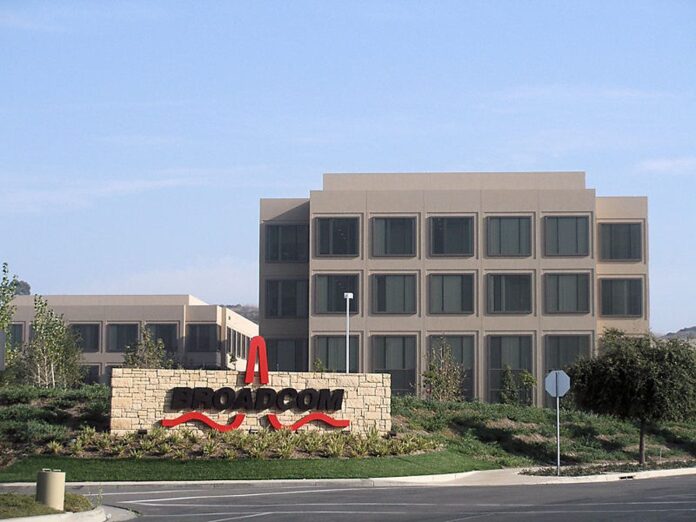Broadcom finalizes purchase of Brocade
Broadcom announced it finished its $5.9 billion purchase of Brocade Friday following more than 11 months of strict regulatory review. The acquisition comes nearly a year after the deal was first announced last November.
Broadcom is attempting to become a major chip supplier in the market. The company is known for its connectivity chips for various products, including mobiles and servers. Brocade, on the other hand, is a technology company that specializes in networking switches, software and storage products. As part of the deal, Broadcom will acquire more data center products market share through Brocade’s fiber channel switches, which accelerate data transfers among servers and storage devices. Broadcom purchased Brocade for $5.5 billion in cash, while assuming $400 million of net debt for a total of $5.9 billion.
“We are pleased to complete this transaction, which strengthens Broadcom’s position as a leading provider of enterprise storage and networking solutions and enables us to better serve our OEM customers,” said Hock Tan, president and CEO of Broadcom. “Broadcom has a track record of successfully integrating and growing companies we acquire, enabling us to offer customers a leading portfolio of best-in-class franchises across a diverse set of technologies. We intend to invest in and grow the Brocade business to further enhance its capabilities in mission-critical storage networking.”
Broadcom could have deserted the deal if the transaction had not been completed on Nov. 1. The purchase had been stymied on account of the Committee on Foreign Investment in the United States (CFIUS), a government agency. In particular, Brocade is a direct competitor of Cisco, which was reportedly uneasy about concealing confidential information to its competitor. Broadcom won the approval from the U.S. Federal Trade Commission (FTC) in July upon agreeing to create a firewall to thwart the misuse of Cisco’s data.
As part of the deal, Broadcom will divest the IP networking part of the company, including Ruckus Wireless, which Brocade agreed to purchase for about $1.2 billion in April 2016. The company was sold to ARRIS in an $800 million deal originally announced in Feb. 2017. Broadcom said it did not want the IP networking components of Brocade’s business due to competitive overlap with some of its most important customers.
CEO of Brocade Lloyd Carney noted in a recent blog post the company was not seeking to sell, but that Broadcom approached them with such a compelling offer that they felt it was their duty to consider the deal, along with other opportunities. In particular, Brocade saw it as an opportunity to boost its network storage with Broadcom. “We believe that we will be able to further strengthen our OEM and partner ecosystem and help customers meet the next-generation network and storage requirements of digital business,” Carney wrote.
Brocade’s common stock will cease trading on Nasdaq. The business will operate as an indirect subsidiary of Broadcom, the company said in a statement.

